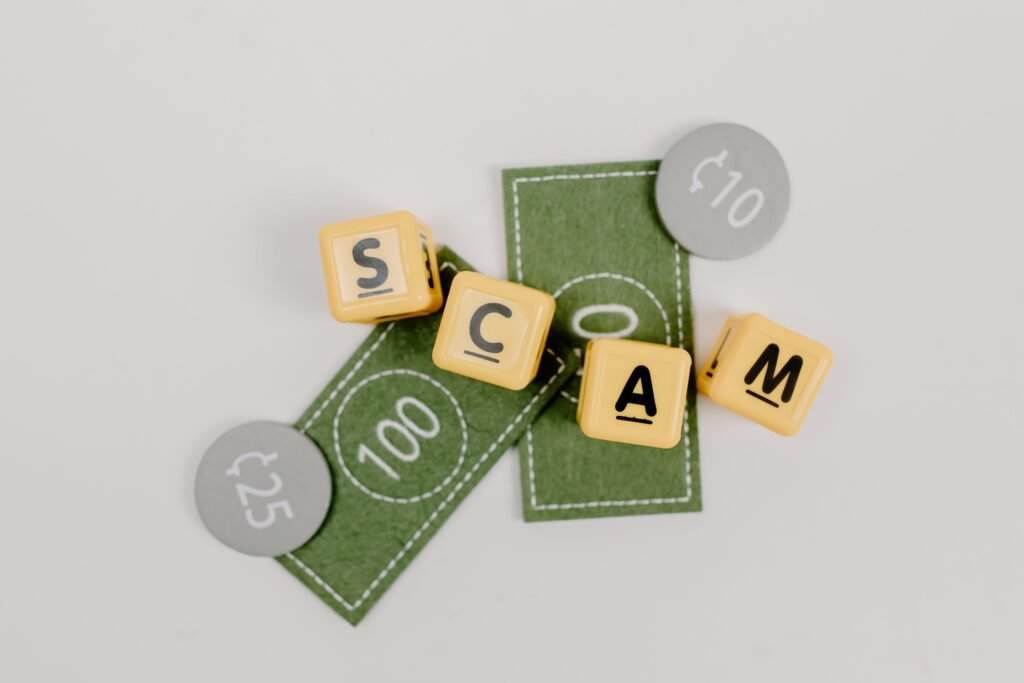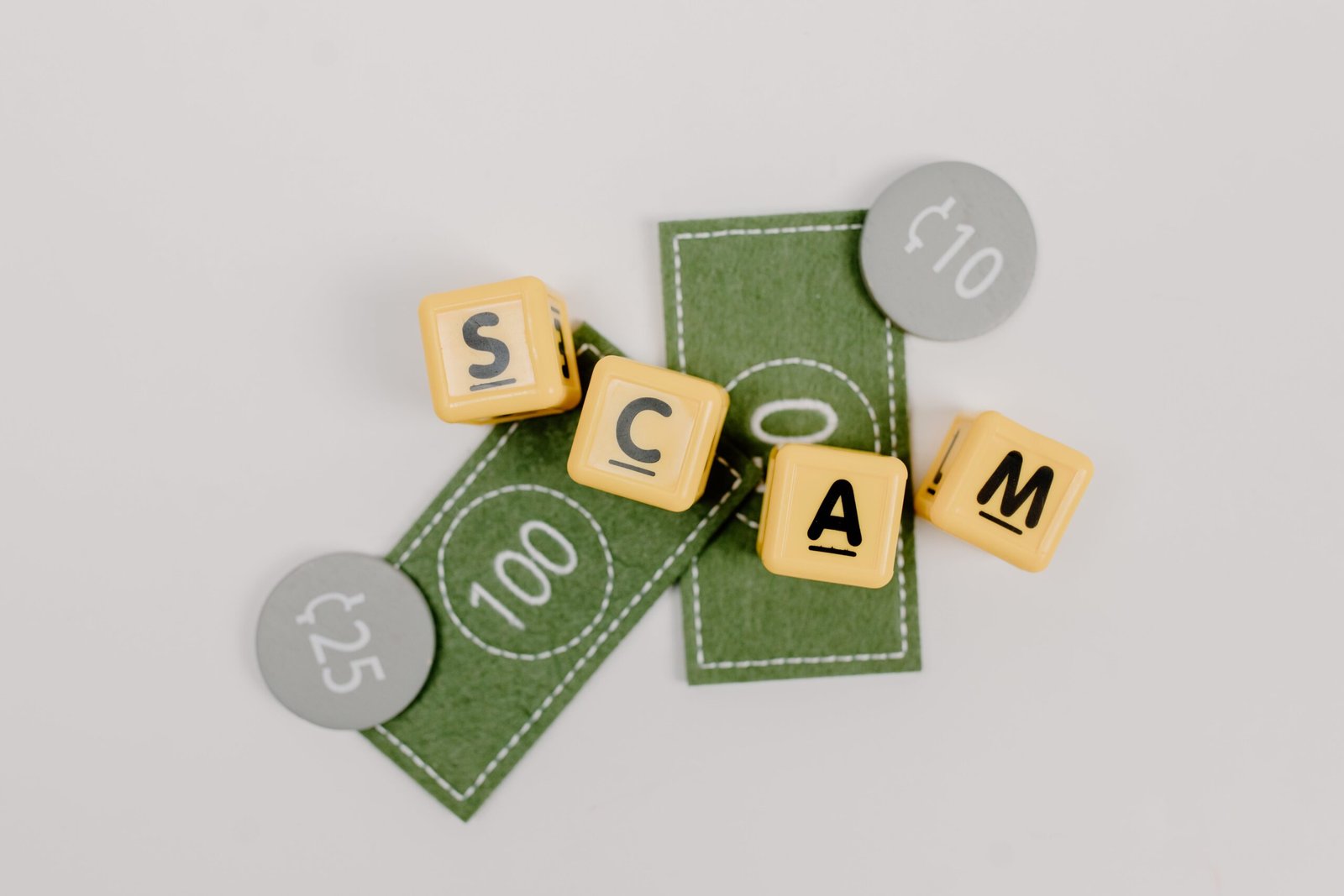Imagine this scenario: you’re about to embark on a shopping spree armed with a handful of exciting coupons, ready to save some serious bucks. As you eagerly hand over your treasured coupons at the checkout, something feels off. Could it be? Are these coupons possibly fake? Don’t panic just yet, my friend. In this article, we’ll unravel the mystery and equip you with some handy tips on how to identify those sneaky fake coupons, ensuring that your shopping adventures are always filled with genuine savings. So, grab a pen and get ready to become an expert coupon detective!
How to Identify Fake Coupons
Coupons are a great way to save money and get discounts on your favorite products. However, not all coupons are legitimate. There are scammers out there who create fake coupons to deceive consumers. It’s essential to know how to identify these fake coupons to protect yourself from falling prey to these scams. In this article, we will guide you through ten steps to help you spot fake coupons and ensure you’re getting the best deals.
1. Check the Source
The first step in identifying a fake coupon is to check its source. Legitimate coupons are usually found on official websites of brands, in newspaper inserts, or through email subscriptions from trusted retailers. It’s important to be cautious when receiving coupons via unsolicited emails or social media, as these are common avenues for scammers to distribute fake coupons. Always verify the source of the coupon before using it.
2. Verify the Expiration Date
One telltale sign of a fake coupon is an unrealistic expiration date. Legitimate coupons usually have a reasonable timeframe for use, typically ranging from a few days to a few months. If you come across a coupon that claims to have an extremely long expiration date, such as one year or more, it’s likely a fake. Be wary of coupons with no expiration date or ones that have already expired.

3. Look for Unusual Discounts
While discounts and savings are the primary purpose of coupons, it’s important to be skeptical of coupons that offer excessively high discounts. If a coupon promises an unrealistically large percentage off, like 90% or more, it’s likely a fake. Legitimate coupons tend to offer reasonable discounts that reflect the typical sales and promotions being offered by the brand.
4. Review the Coupon Format
Genuine coupons often have a consistent format and design across different platforms. Fake coupons, on the other hand, may lack the professionalism and attention to detail that are characteristic of genuine coupons. Pay attention to the font, color scheme, and overall layout of the coupon. Any noticeable inconsistencies or poor quality in these aspects can be a red flag indicating a fake coupon.

5. Scrutinize the Fine Print
The fine print on a coupon is often overlooked, but it can provide valuable information about its authenticity. Take the time to read through the terms and conditions on the coupon carefully. Genuine coupons usually include specific details about the product, purchase requirements, and limitations. In contrast, fake coupons may have vague or unclear fine print, or even lack any details altogether.
6. Confirm Validity with the Brand
To ensure the legitimacy of a coupon, it is always a good idea to contact the brand directly. Reach out to the customer service department or visit the brand’s official website to inquire about the coupon you have received. Be prepared to provide them with the necessary information, such as the coupon code or any other identifiers. This step allows you to confirm if the coupon is real or if it has been fabricated by scammers.

7. Compare with Official Coupons
If you have doubts about the authenticity of a coupon, compare it with official coupons from the brand or retailer. Many companies have official websites or apps that provide legitimate coupons for their products. By cross-referencing the coupon in question with official ones, you can spot any inconsistencies or discrepancies that may indicate a fake. Trustworthy sources will have consistent branding and design elements across their coupons.
8. Research Online Verification Methods
As technology advances, many brands have implemented online verification methods for their coupons. These methods allow consumers to verify the authenticity of a coupon by entering the coupon code or scanning a barcode. Before using a coupon, search online to see if the brand offers any verification tools. Utilizing these online resources can help you determine whether a coupon is genuine or fake.
9. Watch Out for Counterfeit Watermarks
Some scammers go to great lengths to create fake coupons that appear authentic at first glance. One way they achieve this is by adding counterfeit watermarks to the coupon. Watermarks are often used by brands to prevent duplication or counterfeit coupons. Take a close look at the watermark on a coupon and compare it with images of genuine coupons from the brand. If the watermark seems off or poorly replicated, it’s likely a fake coupon.
10. Be Aware of Fake Coupon Websites
Lastly, be cautious when visiting coupon websites that seem suspicious or unfamiliar. Some websites claim to offer exclusive deals and discounts but are actually fronts for scammers looking to collect your personal information. Stick to well-known coupon websites with a reputable track record and avoid sharing sensitive information unless you are confident in their legitimacy.
By following these ten steps, you can become adept at identifying fake coupons and protect yourself from falling victim to coupon scams. Remember to always double-check the source, verify expiration dates, scrutinize the discount amounts, review coupon format and fine print, confirm with the brand, compare with official coupons, research online verification methods, watch out for counterfeit watermarks, and be cautious of fake coupon websites. Stay vigilant, and enjoy the genuine savings and discounts that legitimate coupons have to offer!
